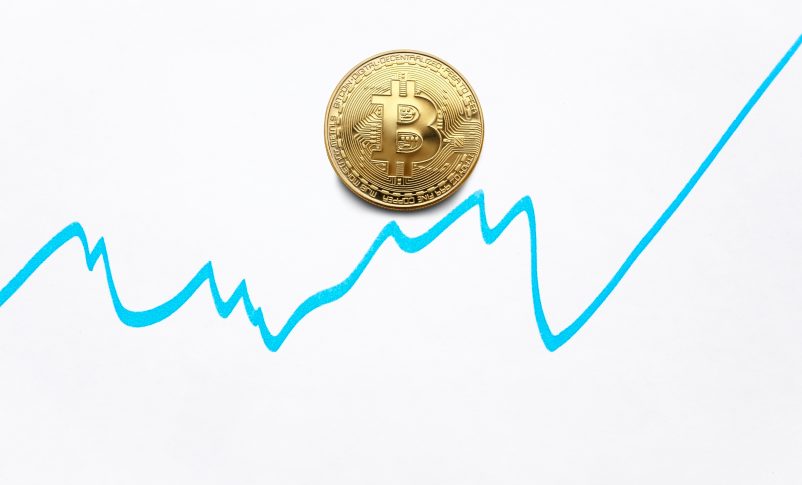Crypto’s Turn to Rise: Ripple’s Legal Victory Paves the Way to Oppose Against the SEC
In the dark depths of an unforgiving bear market, where crypto enthusiasts faced constant scrutiny and criticism, a transformative event took place yesterday. Within a town reminiscent of mythical creatures and enchanting tales, the majestic chimes of the church bells resonated, casting a spellbinding harmony. Within the depths of the online Crypto community, word spread rapidly like a gust of wind through the virtual domains of Crypto Twitter, Slack, Discord, and Telegram, igniting a cyclone of anticipation. Further, you can Explore Bitcoin Definity GPT
Esteemed and highly regarded, a federal judge of great prominence ruled from the prestigious United States District Court for the Southern District of New York, meticulously dissecting the comprehensive lawsuit presented by the U.S. Security and Exchange Commission (SEC) against Ripple Labs. Upon meticulous analysis, it was unanimously determined that the SEC’s presentation exhibited several deficiencies, thus resulting in Ripple Labs’ exoneration.
ConsenSys’ Director of Global Regulatory Affairs, Bill Hughes, oversees the organization’s worldwide regulatory initiatives
The SEC attempted to project a feeling of confidence as it came forward to address the significant ruling publicly. The agency made valiant attempts to highlight the court had sided with its contention regarding the classification of XRP token contracts, painstakingly negotiated between Ripple and esteemed institutional investors, as securities under the “Howey test.”
As reported by the SEC, Ripple was appropriately informed that these contracts needed registration with the agency to maintain their legality. The SEC proudly stated the court ruled that Ripple’s Howey test interpretation was undisputedly rejected. Nonetheless, the agency asserted it will continue meticulously examining the court’s decision, leaving no stone unturned. Created with meticulous care, this artfully constructed commendation exuded such a potent spin that the very walls of the SEC’s public affairs department appeared to spin in continual nausea, even lingering to this day.
Astutely enough, the SEC skillfully omitted any mention of the decision’s unequivocal detrimental implications for its existing crypto approach. The SEC quickly realized the enormity of the catastrophe and recognized the substantial boost it gave not just the legal position of the industry but also its unbreakable spirit, which the SEC had been attempting to suppress under the glossy weight of its governing wingtip after the terrible collapse of FTX.
A Curious Glimpse into the SEC’s Enigma
Curiosity lingers regarding the depth of astonishment experienced by the SEC Division of Enforcement and its chairman upon encountering this groundbreaking verdict, provoking speculation regarding the immediate reflections that ensued. Possibly remorse developed as an outcome of giving up intensive discussions with the industry in favour of a scorched-earth litigation approach. Was there a tinge of regret for disregarding alternative paths, like legislative or rulemaking endeavours? Did the weight of litigating a strategically pivotal case until its ultimate resolution stir contemplation regarding the missed opportunities for amicable settlements?
The SEC Division of Enforcement’s internal workings and its chairman’s astonishment probably matched that of the vast crypto community, despite being a mystery. Except for a couple of vehement voices, the dominant expectation was for Ripple to experience an immense defeat, possibly triggering catastrophic effects for other participants in the crypto sector. The SEC had viewed this as an open case, which is why this unanticipated twist of events is so significant. Ripple had raised capital by vending tokens to the public through cryptocurrency exchanges, enticing individuals to embrace XRP as a method of payment for various services, all while advertising the notion that XRP’s value could ascend.
As Ripple has remained true to the Securities Act and there’s no definitive evidence that the XRP token is a security, one can only wonder if the SEC could persuade future courts that some other tokens are Securities or that secondary market crypto trading must be regulated. The SEC’s prospects of being successful in these endeavours have considerably waned following recent events, resulting in a darker cloud over their prospects than only two days ago.
